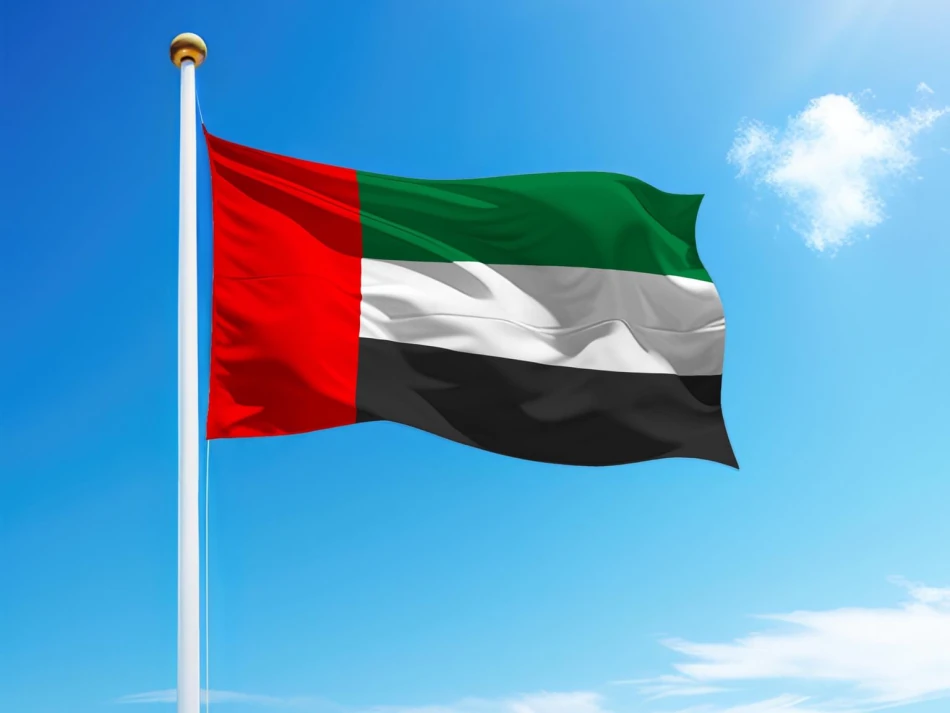
UAE Dismisses Baseless Claims by Port Sudan Authority as Feeble Attempts to Undermine Peace Efforts
UAE Rejects Sudan War Allegations as International Courts Back Emirates' Position
The United Arab Emirates has issued a forceful rejection of accusations from Sudan's Port Sudan authority claiming Emirati involvement in the country's ongoing civil war. The UAE dismissed these allegations as "flimsy media maneuvers" designed to deflect responsibility from the authority's role in prolonging a conflict that has devastated Sudan for over two years, while pointing to recent international legal victories that vindicate its position.
International Legal System Validates UAE's Stance
The Emirates' response carries significant weight given recent developments in international legal forums. The International Court of Justice in The Hague rejected a lawsuit filed by Sudan's Port Sudan authority against the UAE, while a final report from the UN Panel of Experts on Sudan, released on April 17, 2025, contained no conclusions or evidence implicating the Emirates in the conflict.
These legal vindications represent a diplomatic victory for the UAE, which has faced persistent accusations throughout Sudan's civil war. The ICJ ruling particularly strengthens Abu Dhabi's position, as the world's highest court found insufficient grounds to proceed with Sudan's claims.
Broader Regional Implications
The UAE's strong rebuttal reflects broader tensions over external involvement in Sudan's conflict, which has displaced millions and created one of the world's worst humanitarian crises. Multiple regional powers have faced accusations of backing different factions in the war between Sudan's military and the paramilitary Rapid Support Forces.
Abu Dhabi's emphasis on civilian-led governance aligns with international diplomatic efforts, but also positions the UAE as supporting democratic transitions—a stance that could enhance its regional influence as other Gulf states navigate similar regional conflicts.
Legitimacy Questions and Political Maneuvering
The UAE's assertion that Port Sudan's authority "does not represent Sudan's legitimate government" highlights the complex legitimacy questions surrounding Sudan's leadership since the 2021 military coup. This position effectively delegitimizes one of the main warring parties while calling for civilian leadership.
The timing of these mutual accusations suggests both sides are positioning themselves ahead of potential peace negotiations. Sudan's Port Sudan authority may be attempting to isolate the UAE diplomatically, while the Emirates seeks to maintain its regional influence and business interests.
Strategic Calculations Behind the Dispute
For the UAE, maintaining its reputation as a stable business hub and reliable international partner remains crucial. Persistent allegations of fueling regional conflicts could damage Abu Dhabi's carefully cultivated image as a moderate regional power and affect its economic diversification efforts.
The Emirates' call for accountability for "perpetrators of atrocities" while rejecting involvement allegations positions Abu Dhabi as supporting international law and human rights—messaging likely aimed at Western partners and international investors.
Path Forward Remains Uncertain
Despite the UAE's renewed commitment to supporting ceasefire efforts and civilian protection, Sudan's war shows little sign of abating. The international community's fragmented response and competing regional interests continue to complicate peace efforts.
The UAE's legal victories may strengthen its diplomatic position, but the underlying tensions that fuel these accusations—competing visions for Sudan's future and regional influence—remain unresolved. How effectively Abu Dhabi can leverage its vindication to advance actual peace efforts will determine whether this diplomatic win translates into meaningful progress for Sudan's suffering population.
Most Viewed News

 Sara Khaled
Sara Khaled






